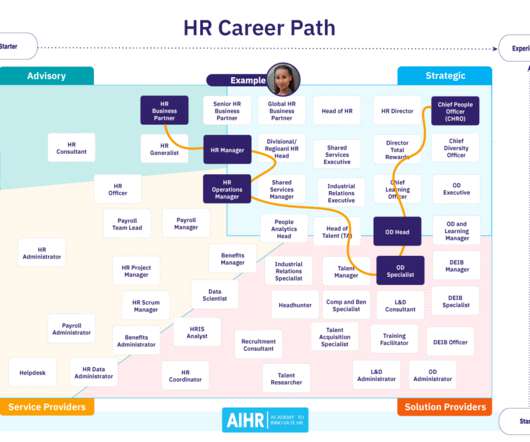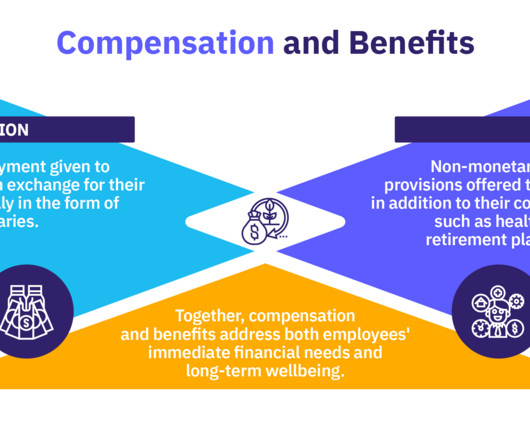Designing Competitive Compensation Packages to Retain Talent
Accendo Technologies
SEPTEMBER 25, 2024
Larger companies offer a mix of performance-based bonuses, stock options, flexible benefits, and comprehensive retirement plans. These are designed to ensure financial security and offering incentives for long-term loyalty.




















Let's personalize your content